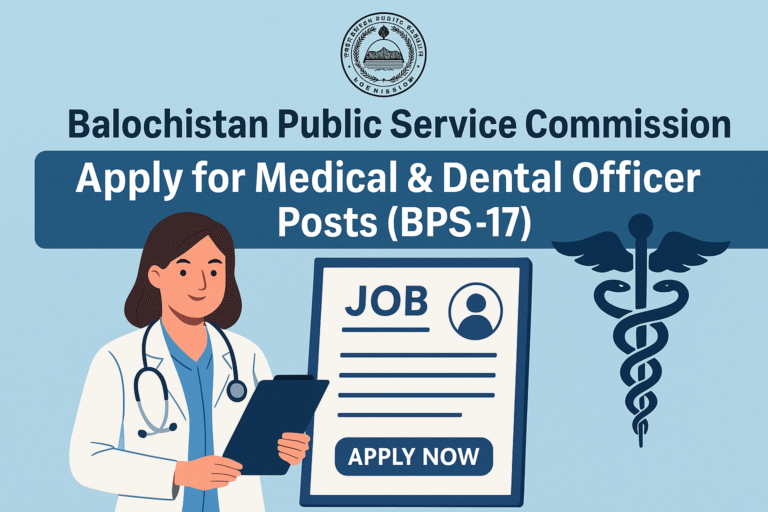How to File Complaint with the Higher Education Commission
The Higher Education Commission (HEC) of Pakistan plays a crucial role in maintaining the quality of higher education across the country. As the regulatory body responsible for overseeing universities and degree-awarding institutions, including medical colleges, the HEC provides several avenues for students to file complaints related to their academic experiences.
If you’re a medical student facing issues with your institution, whether it be regarding accreditation, examination processes, or the recognition of your degree, this guide will walk you through the steps to effectively file a complaint with the HEC.
How to File a Complaint with HEC
1. Online Portal:
The HEC offers an online complaint management system that allows students to submit their grievances easily. This portal can be accessed via the HEC official website. Through this system, you can register your complaint, track its progress, and follow up as needed.
2. Email Submission:
You can also submit your complaint directly via email. When doing so, ensure that you provide all necessary details, including your full name, contact information, the nature of your complaint, and any supporting documents that can help clarify your issue.
3. Written Complaint:
For those who prefer traditional methods, you can send a written complaint via postal mail to the HEC office in Islamabad. Make sure your complaint is addressed to the correct department and includes all pertinent details.
4. HEC’s Student Facilitation Centre:
If you’re based in Islamabad or near an HEC regional office, you can file your complaint in person by visiting the Student Facilitation Centre. This option allows for direct communication and may expedite the resolution process.
Types of Complaints Accepted by HEC
The HEC handles a wide range of complaints, ensuring that various issues related to higher education are addressed effectively. These include:
- Academic Issues: Such as unfair grading, examination processes, or disputes with faculty.
- Institutional Complaints: Concerns about the management, accreditation, or recognition of your institution.
- Quality of Education: Issues related to the curriculum, teaching standards, or the availability of educational resources.
- Recognition of Degrees: Challenges related to the recognition of your degree, especially if it’s from a foreign or non-accredited institution.
Specific Complaints from Medical Students
Medical students often face unique challenges that require attention from regulatory bodies. Here’s how you can address specific issues:
- Accreditation of Medical Colleges: If you’re uncertain about whether your college is recognized by the HEC or the Pakistan Medical and Dental Council (PMDC), you can file a complaint.
- Examination Issues: If you’ve experienced unfair practices in exams or delays in receiving your results, the HEC is the appropriate body to handle such grievances.
- Quality of Education: Concerns about whether your education meets the necessary standards are critical and should be reported.
- Degree Recognition: If you encounter problems with the recognition of your MBBS or BDS degree, particularly if you’re planning to pursue further education or practice abroad, the HEC can assist.
What to Expect After Filing a Complaint
Once you’ve submitted your complaint, the HEC will typically follow a structured procedure:
- Acknowledgment: You will receive an acknowledgment of your complaint, confirming that it has been received.
- Investigation: The complaint is then forwarded to the relevant department for investigation, where it will be thoroughly examined.
- Resolution: After the investigation, the HEC will take the necessary actions and inform you of the outcome.
Tips for Effective Complaint Submission
To ensure that your complaint is processed efficiently, it’s essential to provide detailed and accurate information. This includes all relevant documentation and a clear explanation of the issues you’re facing. The more precise and well-documented your complaint, the more likely it is to be resolved promptly.
In conclusion, the HEC provides multiple avenues for medical students and other university attendees to address their concerns. By following the proper channels and providing thorough documentation, you can ensure that your issues are heard and resolved.


Res/sir ,madam.
I was applied for degree attestation,in 2018.through service portal.but I have no documents uploaded on this portal.
Sir now I apply for degree attestation but it’s show massage on screen that you have already applied,sir /madam my previous application id is 314189 ,sir / madam what should I do now ,plzz help thanks